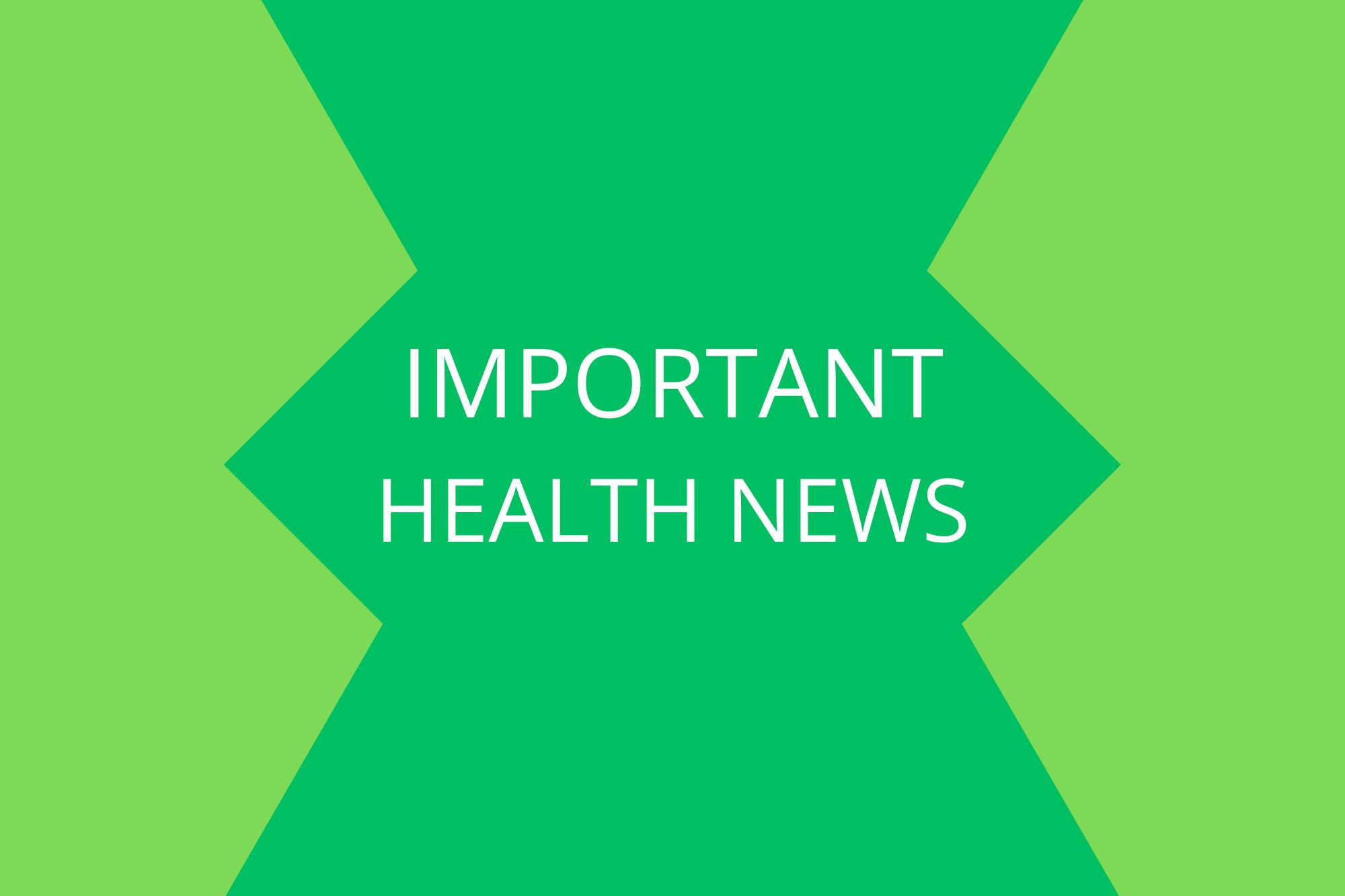General News
19 November, 2025
Cervical Cancer Awareness Week 2025
Cancer Council NSW is working with Western NSW Local Health District and Western NSW Primary Health Network to highlight the importance of regular cervical screening this Cervical Cancer Awareness Week, as well as the positive impact of self-collection in helping more women and people with a cervix participate in cervical screening.

. Nearly all cases of cervical cancer are caused by human papillomavirus (HPV), a sexually transmitted infection affecting 80% of people at some point in their lifetime. HPV often does not show any symptoms, which is why both the HPV vaccination and cervical screening are crucial in preventing cervical cancer.
“Cervical cancer is more common among people who face barriers to accessing culturally safe information, vaccination services and screening services” explains Caitlin Vasica, Screening Manager at Cancer Council NSW, “70% of cervical cancer diagnoses occur in women who have never screened or were not up to date with their screening.”
From July 1, 2022, the National Cervical Screening Program has offered all eligible participants the choice to self-collect their own samples for testing. Ms Vasica says that self-collection has made cervical screening more accessible for underscreened communities. “Research shows that this newer option of self-collection has the same accuracy as a test done by a doctor or a nurse, but increases participation, especially in communities where screening rates are lower.”
With the option of self-collection, all that is required is a quick and private swab, eliminating the discomfort that may come with a clinical setting and offering a more accessible option for people from all backgrounds.
As a result, cervical screening numbers are increasing in lower socioeconomically disadvantaged groups with participation going from just 36% in 2024 to 47% in 2025.
“Even if you’re vaccinated against HPV, it’s important to have a cervical screening test every five years. This is because the HPV vaccine doesn’t protect against all the HPV types that cause cervical cancer.” Ms Vasica concludes.
The option to self-collect is helping to boost cervical screening participation rates across Australia. When combined with the HPV vaccine, regular cervical screening offers a a simple and powerful way to prevent cervical cancer.
We are working to encourage more people to complete their cervical screening test as a crucial step to prevent the disease and continue this upward trend.


